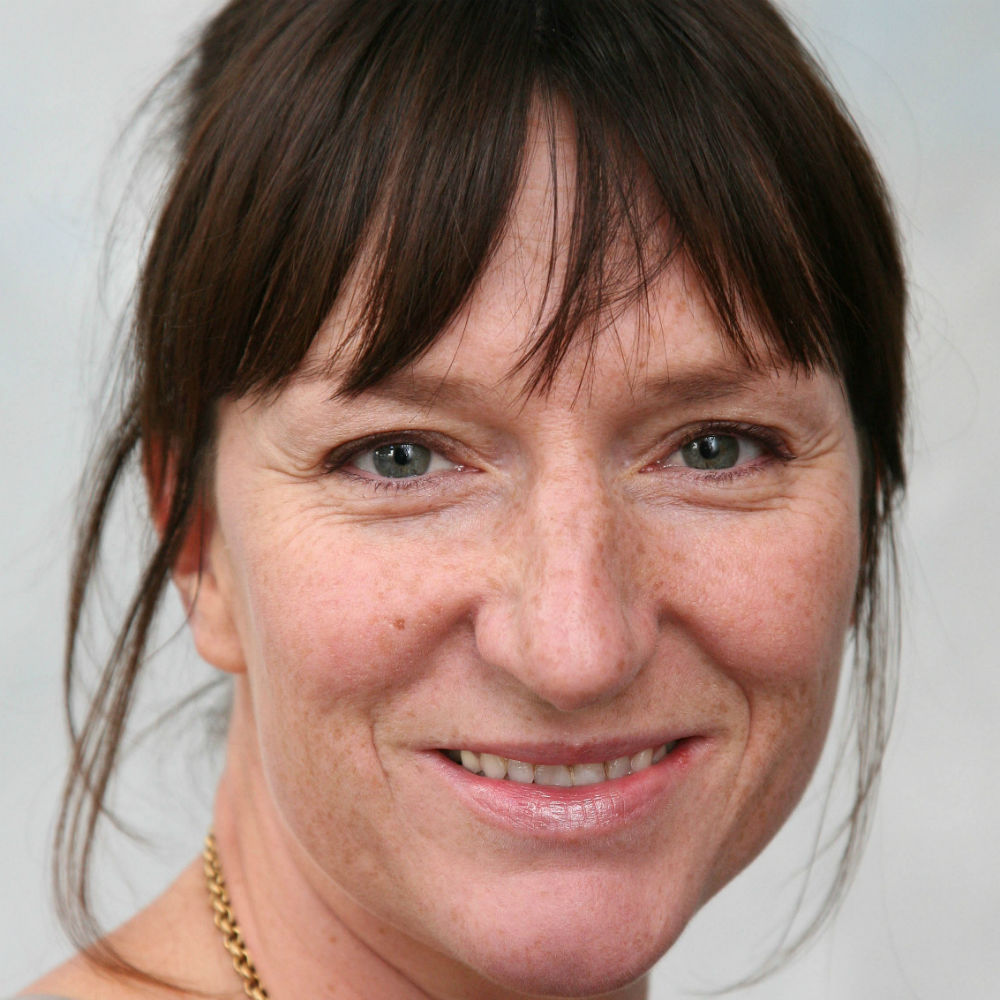The environment sector is the second least diverse sector for employment, with fewer than 1% of individuals identifying as non-white. In this blog, Professors Leanne Hepburn and Alex Dumbrell discuss what needs to be done and the measures which are already being undertaken at Essex.
In addressing the key challenges the environment sectors face, a more diverse opinion base will drive better and more inclusive decision making, potentially identify novel (especially societal) solutions and may provide wider community engagement to delivering those solutions.
However, we first need to engage with underrepresented young people to support and encourage access to environmental degree programs and careers.
Our School of Life Sciences has above-average representation from Black and diverse ethnic minorities on non-environmental bioscience degrees such as biomedical science (65% average entry demographics 19/20-22/23). However, this is not matched in our environmental science degree programmes (19% average entry demographics 19/20-22/23).
Encouragingly, we have seen an increase in Black and ethnic minorities’ entry to environmental degree programs from 13.5% in 19/20 – steadily increasing to 25.9% in 22/23.
Our regional position is unique being within a one-hour commute from London but with inclusive entry tariffs. In addition, our POLAR (participation of local area) data show an increase in quintile 1+2 (lowest participation areas) entrants and attainment from 18/19 (16% students: 79% good degrees), 20/21 (26% students: 92% good degrees, 21/22 (86.7% good degrees).
We therefore wanted to understand inclusion practice in environmental sciences by generating empirical evidence as to why the scales of inclusivity are so different between environmental science degrees and others such as biomedical science.
We worked with In2Science UK (a charity working towards diversity and inclusion in STEM) to provide opportunities to underrepresented groups of 15–17-year-olds to attend inspiring local environmental placements and work with researchers within our School. In2Science UK’s impact report 2020 demonstrates impressive growth from working with 135 schools in 2018 to 391 schools (567 young people) in 2020 and 669 students in 2022.
Thanks for funding from NERC (Natural Environment Research Council), we conducted surveys of undergraduate students at the University of Essex (n = 49), 16–18-year-old In2Science UK applicants (n = 161), and placement students pre and post placement as well as interviews (n = 16) to gain data on understanding opinions of environmental science placements and careers.
General trends in our surveys showed barriers for diverse communities to environmental degrees and careers include the importance of family views in selecting a degree, which show the influence of family to be more important for Black and ethnic minorities compared with students from white families.
Family approval of environmental science as a career pathway is also a factor as more Black and ethnic minorities’ parents disliked the career choice (15%, compared to 0% of white families). Reasons given for environmental science being less favourable as a career choice were the perception of low value work, along with the need for volunteering and low paid opportunities.
We consider that pre-degree access to the sector is also limited and there is a lack of understanding of the breadth of career options available, which does not help with informing parents or young people of the diversity of career pathways available in environmental science.
We also ran a one-week intensive summer school in July 2022 in collaboration with In2Science UK. We recruited 16 young people from East and North London, 90% of whom were from non-white families. The summer school offered a range of laboratory and field practicals including coral biology, plant ecophysiology, microbiology and water quality boat surveys on the local Marine Conservation Zone.
Feedback from the summer school was excellent and 100% of students said they would be more likely to attend University and study environmental sciences, whilst 94% would consider environmental science as a career.
Some quotes from In2ScienceUK attendees of the summer school on what they enjoyed:
- ‘Meeting the scientists, who summarised what they do very well and the significance of their jobs in solving issues, e.g., food security or oil spills.’
- ‘Seeing all of the possible areas of research and PhD students who have honed their passion and excited for what's to come.’
- ‘Talking to the academics about why they like their areas and why it might be related to what I enjoy.’
- ‘Having the opportunity to carry out research with new equipment (to me) outside in the real world, rather than just in a lab. Meeting like-minded people who have similar interests to me.’
- ‘There are lots of different jobs in this area. Have frequently been told to not go uni [sic] and secure a good job but talking to all the scientists made a job in biology seem much more possible.’
Recommendations to HEIs
To foster strong and diverse communities in environmental science, we need interventions at pre-degree access stage. This could involve workshops and career sessions for young people and their parents/carers and making space within the curriculum during British Science Week for targeted engagement activities by HEIs with environmental education and research. This may help change perceptions of Black and ethnic minority families.
Another tool that HEIs should consider is offering summer schools to young people at pre-degree level to inspire and educate around the value of environmental degrees and careers.
In2Science provides an excellent service as an enabler to match students’ interests with environmental summer schools. There is a cost involved to universities (unless funding can be sought) but the added value for underrepresented young people is evident (https://in2scienceuk.org/impact).
Overall, there is a long way to go to ensure environmental science education and careers become more equitable, inclusive and diverse but it is hoped our survey insights and recommendations may go some way to nudging us along.

